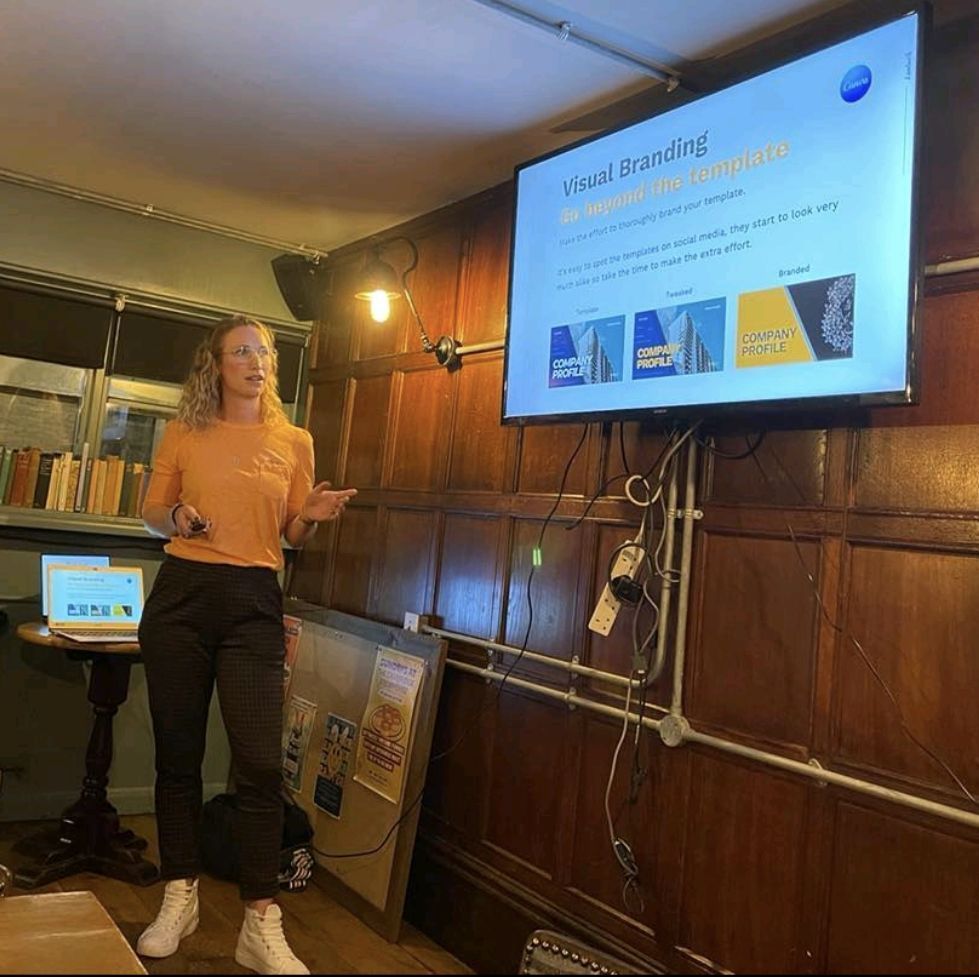Market Segmentation
What is it and how can it add value to your business?

Market segmentation is something that's key to successful
marketing.
You'll often hear people say "imagine your target audience as one
person" but it's not always that simple. If you offer a range of products
or services that appeal to a range of people, there's no point in trying to
imagine one monstrous amalgamation of all of those needs and personality
traits.
Effective market segmentation is the process of splitting and grouping your
target market according to similar wants, needs, values and characteristics. In
doing this, you are creating more manageable and realistic sub-markets for you
to better target through refined means.
The benefits of segmenting your market include:
- Stronger marketing messages
- Advertising can be
more targeted
- Strengthened brand affinity
- More effective marketing tactics
- Better quality leads and as a result, higher conversion rate
- Clearer differentiation from competitors
- More focused marketing planning
As you can see, from a business perspective, segmenting your market will lead
to streamlined processes and as a result, less wasted spend and higher returns
on the money you do invest.
There are various types of segmentation:
- Demographic
- Geographic
- Behavioural
- Psychographic
Demographic market segmentation
considers characteristics such as age,
gender, race, income, location, finances, education and cultural background. By
considering and grouping according to these factors, you instantly have a group
of people who will have similar interests, life experiences, reading abilities
and disposable incomes. For example,
this means that you can target your higher-end leisure products by advertising in a glossy magazine,
reaching people with more disposable income and more free time on their hands (at a very obvious and basic level).
Geographic market segmentation
looks at not just country or postcode, it
has bigger implications. By considering the geographical location of your
market segments, you can establish groups of urban, suburban or rural
audiences, you can be aware of and appreciate cultural implications, weather
conditions and much more. There's no point in promoting flip flops to people at
the North Pole!
Behavioural market segmentation
enables you to predict your customers’ actions. There are a number
of elements to consider, such as:
- Purchasing habits: where, how often and through what means are they
buying?
- Spending habits: once a month, weekly, special occasions? Not just on your
brand but others.
- Brand interactions: how frequently and on what platforms are they interacting
with your brand? Just via promoted ads,
when you put yourself in front of them or are they seeking you out?
Psychogr
aphic
market segmentation
is very much more subjective and obtained from
in-depth qualitative research, as opposed to running data full of numbers and
figures. Establishing an understanding of personality traits will help lead
into a better read of your target markets' values, drivers, fears and really
shape an understanding of their personality.
Here are some things to consider:
- Lifestyle
- Values
- Interests
- Motivators
- Personality traits
- Attitudes
- Interests
- Drivers
- Beliefs
How do you approach your marketing? Do you go for a blanket approach and hope it hits the mark with enough people to make it worthwhile or are you really refining and targeting your products, prices, places and promotions?
Market segmentation is a big but hugely valuable investment of time. If you would like help with segmenting your market, get in touch.
#marketsegmentation #targetmarket #targetaudience #marketingconsultant
#freelancemarketer #demographics #psychographics










